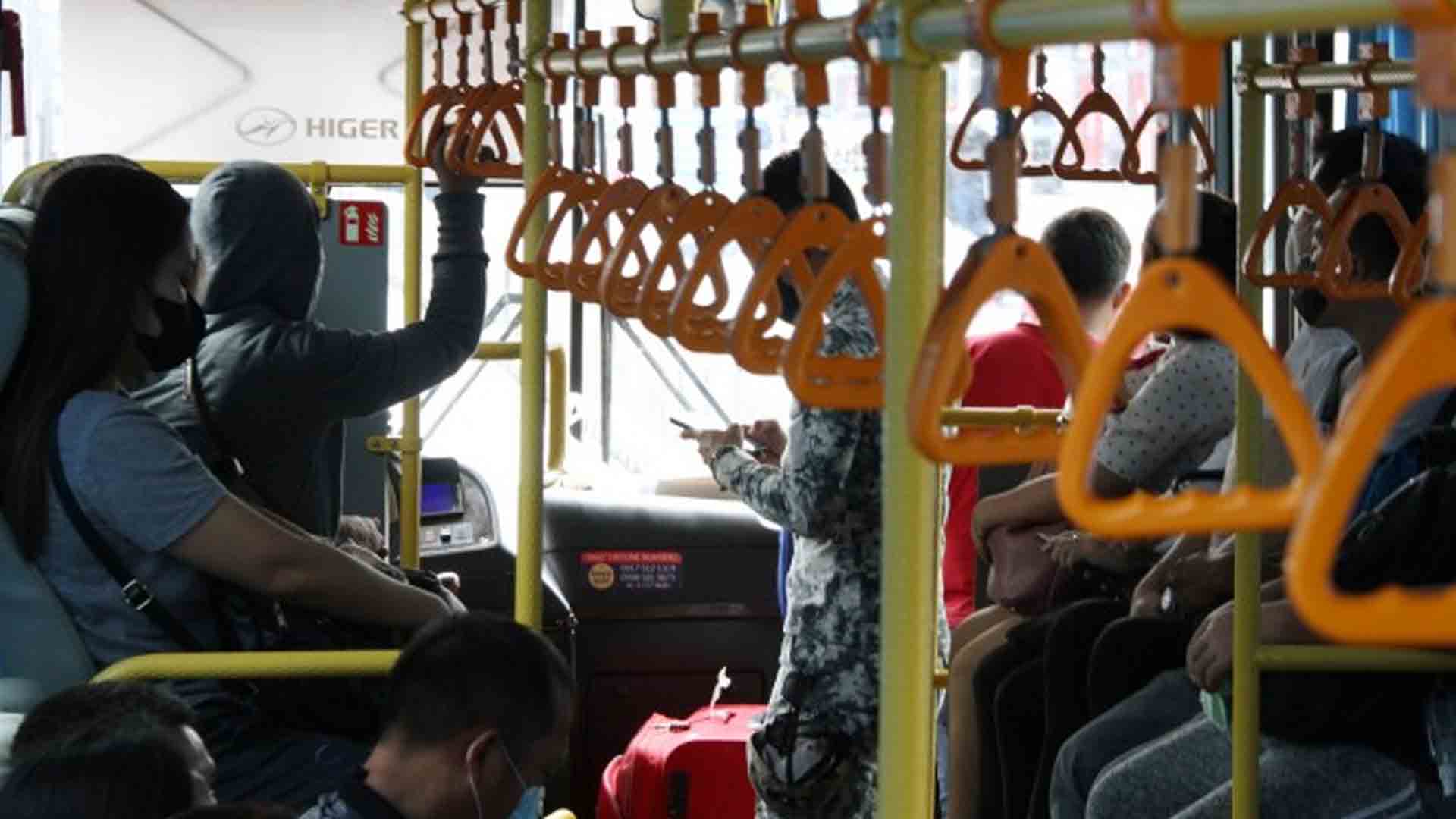A lawmaker on Monday asked the incoming administration of President-elect Ferdinand “Bongbong” Marcos Jr. (BBM) to continue the Libreng Sakay (Free Ride) transport program to help ease the impact of surging fuel prices on commuters.
Camarines Sur Representative Luis Raymund Villafuerte said transport costs are eating up a large share of the overall inflation rate in Metro Manila alone, adding that fare hike petitions have already been filed by operators of jeepneys, transport network vehicle services (TNVS), and buses.
“I hope that the new administration of BBM would be able to find ways of continuing to fund the Libreng Sakay program even at least until the end of the year,” Villafuerte said in a statement. “The Libreng Sakay would prove to be a big help in cushioning the impact of the fuel price shock on the commuting public.”
Villafuerte said that in May, inflation accelerated to 4.9 percent, owing largely to the increase of the transport index by 14.6 percent.
A PHP7-billion fund has been allotted to the Land Transportation Franchising and Regulatory Board (LTFRB) for the Libreng Sakay program from the national budget.
LTFRB Executive Director Kristina Cassion, however, said that the agency has already exhausted 80 percent of the budget, as she warned that funds will be depleted in the “coming days” due to an increase in the number of public utility vehicles (PUV) that enrolled in the program.
“We want to continue with the program na aabot pa sana hanggang December (that was supposed to last until December), but because (of) the number of the participants also na sumali rin sa atin kaya nagkaroon ng (that enrolled in the program, there is now an) exhaustion of funds,” Cassion said.
Quezon City Rep. Alfred Vargas, for his part, said the lack of transportation is a burden on both workers and businesses that has not been effectively addressed since the resumption of economic activities in the country.
“We have workers who have spent two years struggling to survive and businesses that barely stayed open. Now that the government has allowed businesses to resume operations, our workers struggle daily to get to work on time, and then go through the same ordeal to get home to their families. When workers do not arrive on time and are too tired to work, it affects business operations as well,” Vargas said.
He noted that overcrowding in transport terminals and in buses could be contributing to the rise in coronavirus disease (Covid-19) cases in the National Capital Region (NCR).
“The NCR is the country’s economic and business center. Any disruption in economic activities caused by a surge in cases will surely affect the economy and we cannot let that happen again,” he said. (PNA)







